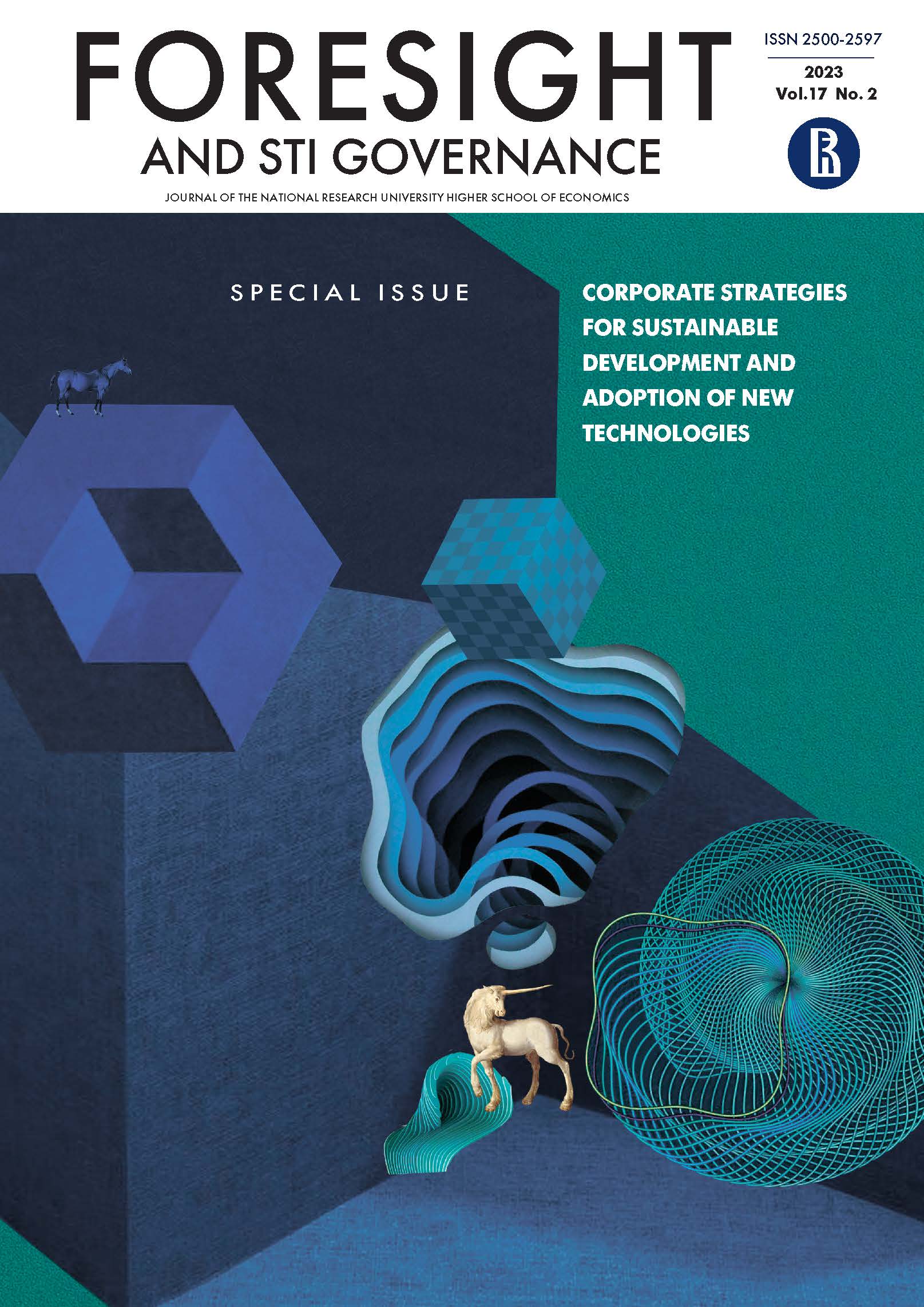Abstract
In recent years, governments and investors globally are compelling major corporate organizations to disclose important environmental, social and governance (ESG) issues. The continued flatlining of ESG reporting quality has led some parties to call on policymakers to take advantage of the distinct contextual pressure from external stakeholders to improve corporate ESG commitments. However, the relationship between external stakeholders and ESG disclosure remains ambiguous, both theoretically and empirically. Grounded in stakeholder theory, legitimacy theory, resource-based theory, and slack resource theory, this article reconceptualizes Ullmann’s 1985 model of corporate social performance to present a novel conceptual framework to examine the external stakeholders-ESG disclosure relationship. This article contributes to the literature by illustrating the mediating effect of the strategic posture and the moderating effect of corporate financial performance on corporate ESG discourse perpetuated by powerful stakeholders.Downloads
Download data is not yet available.

